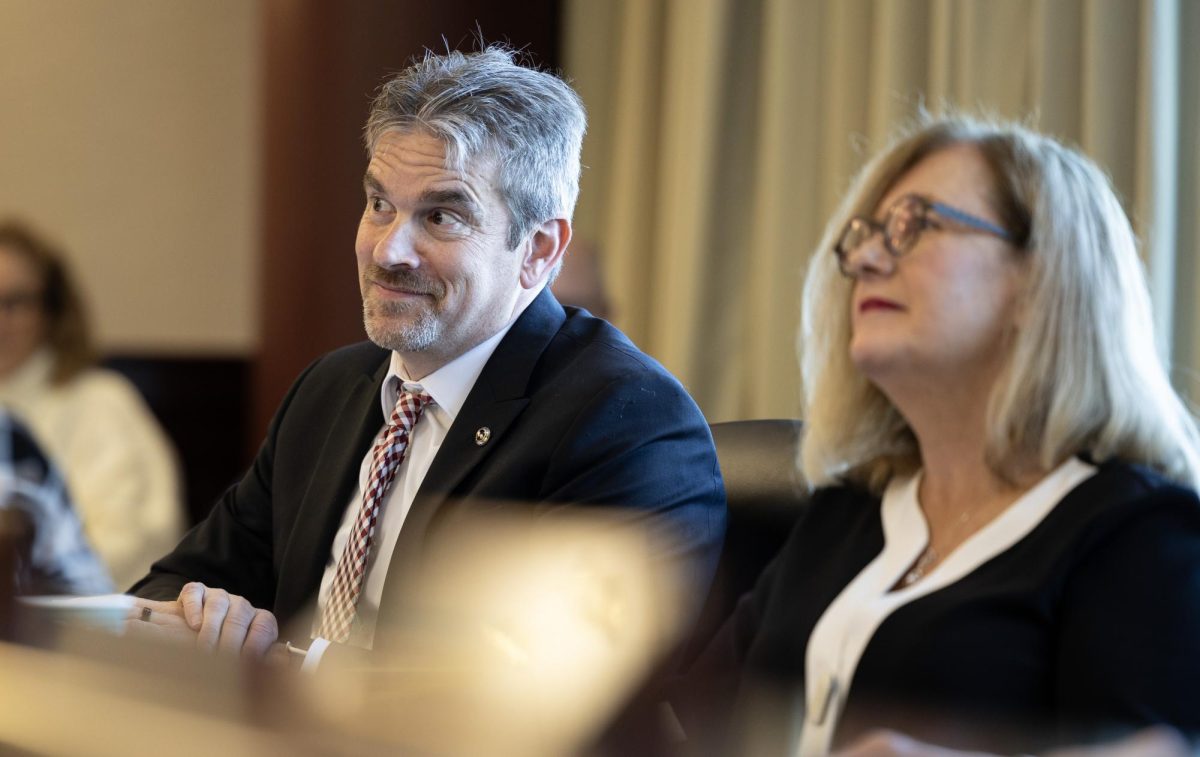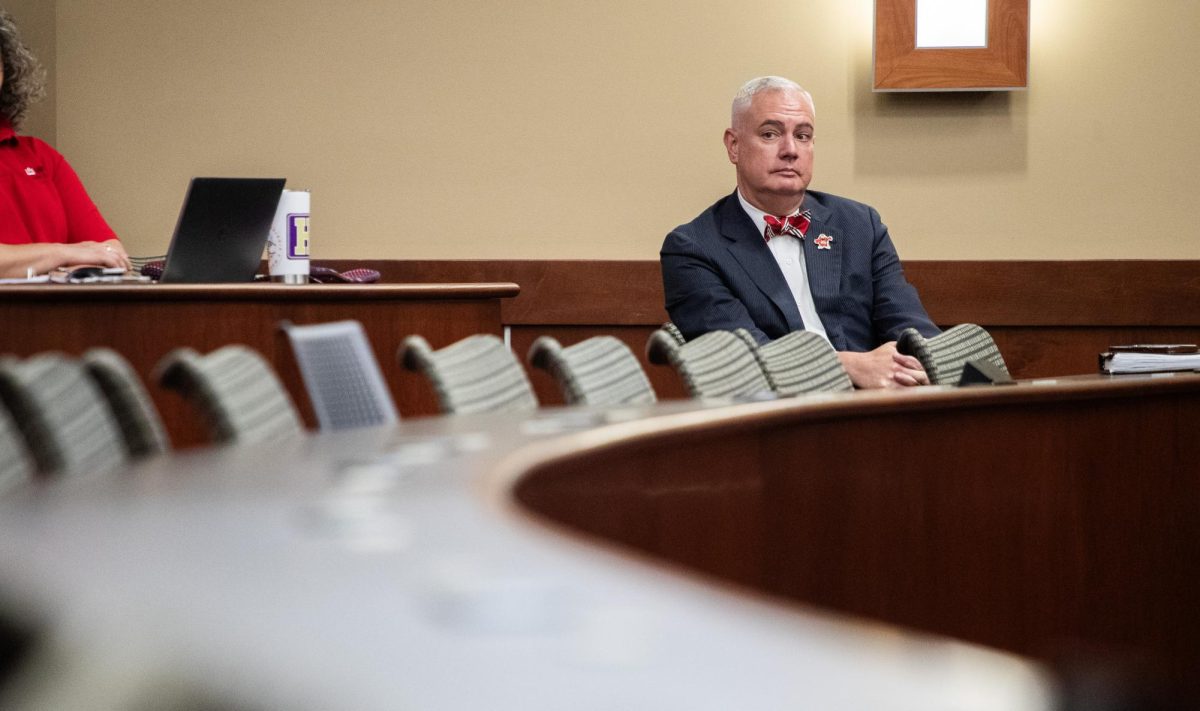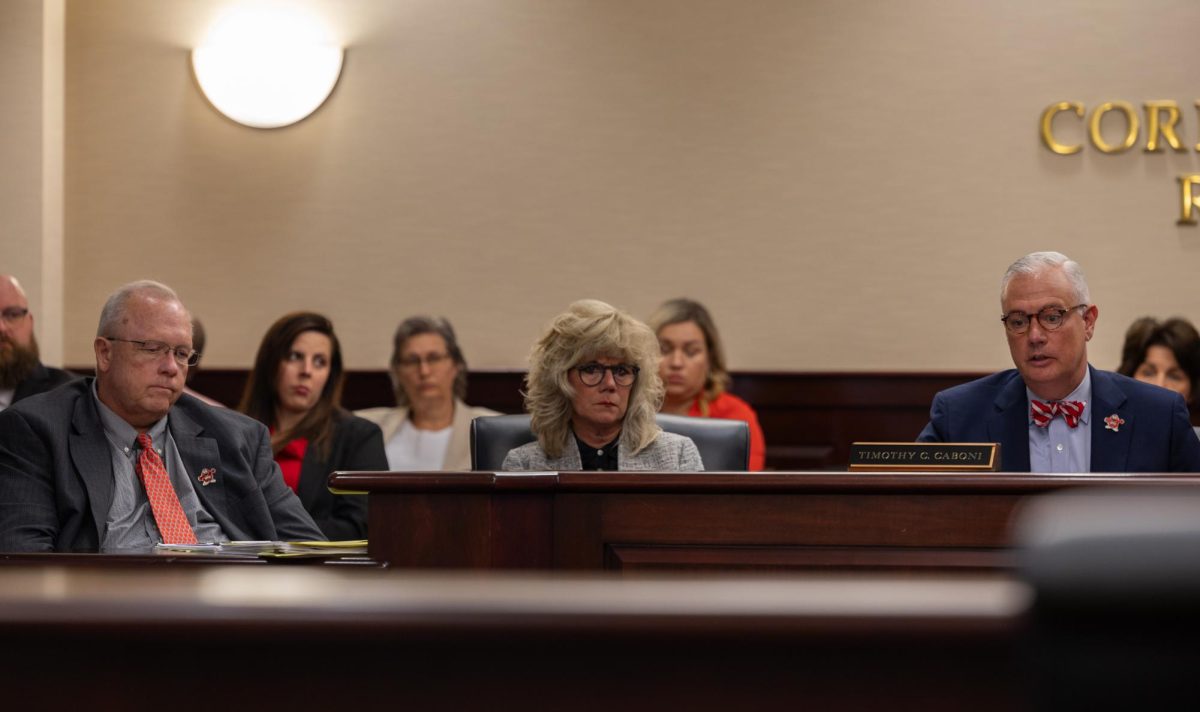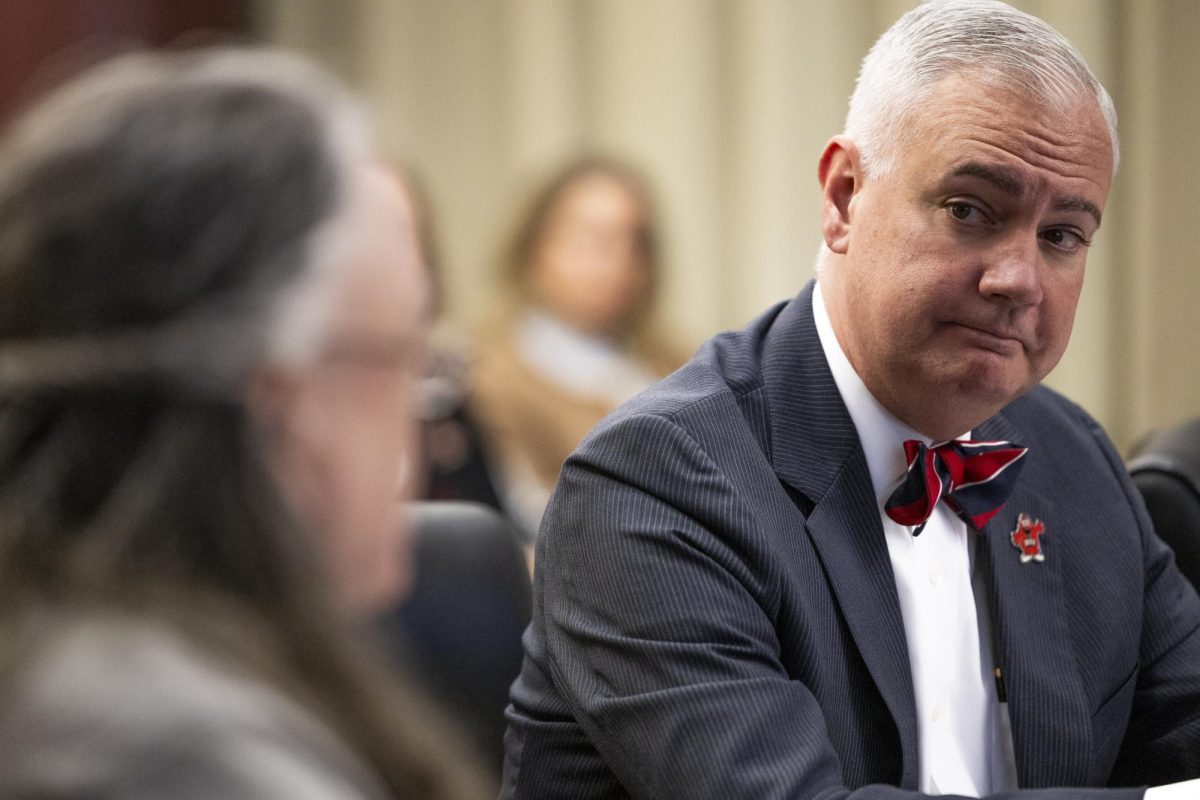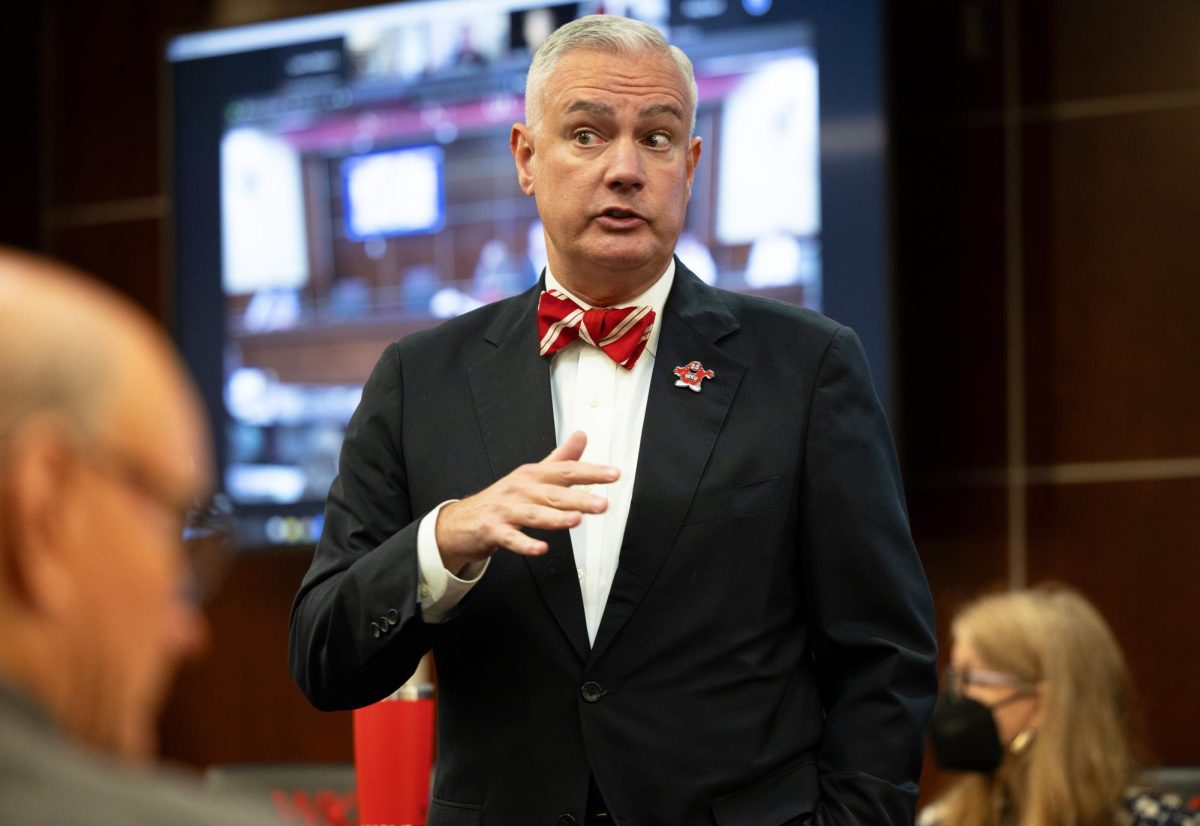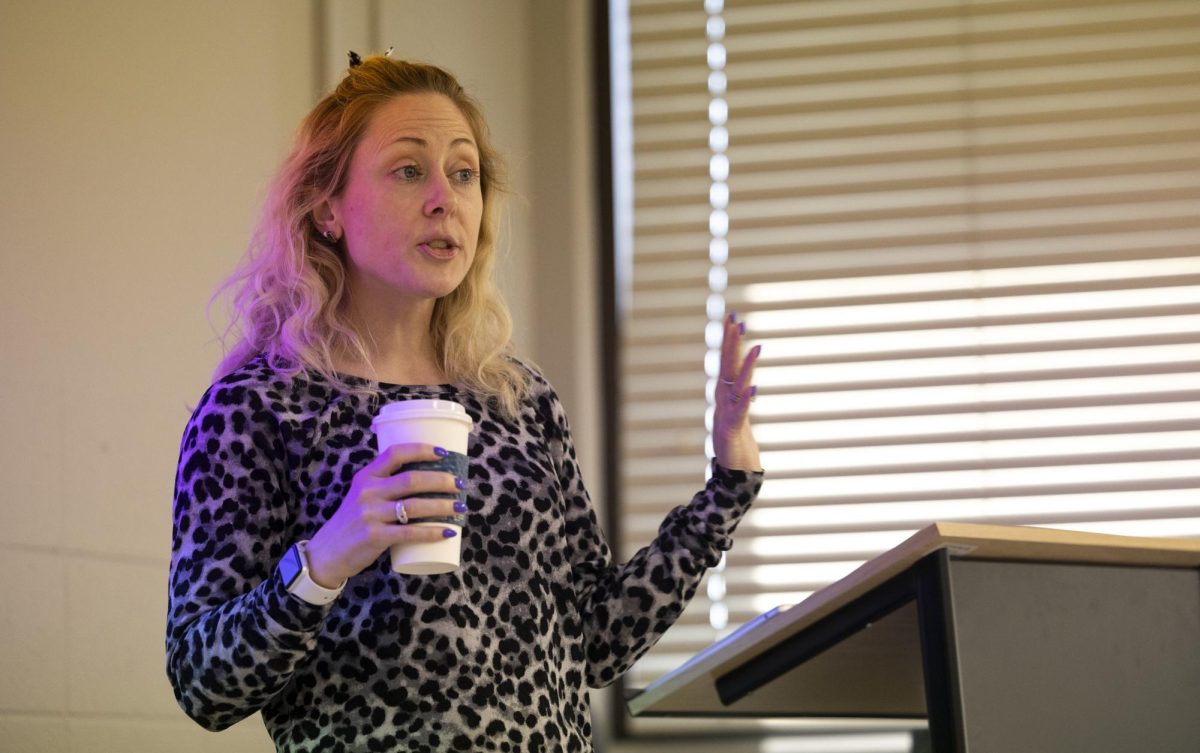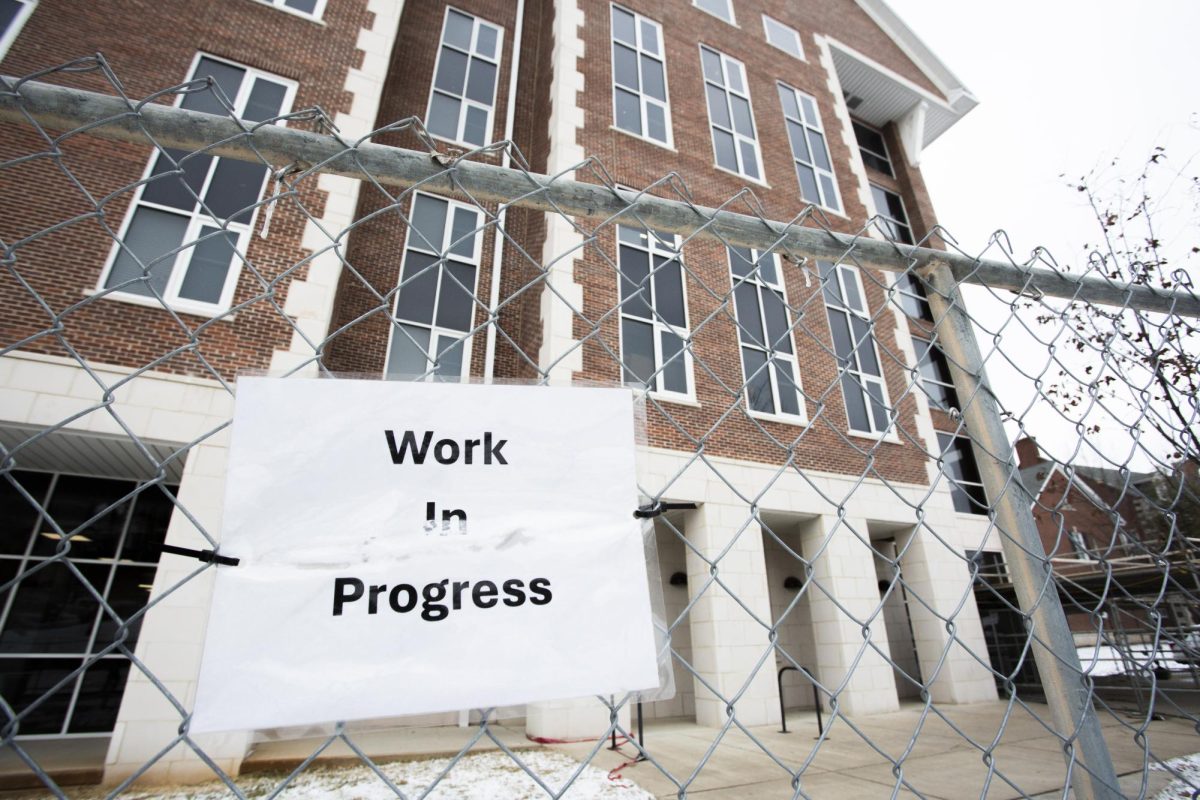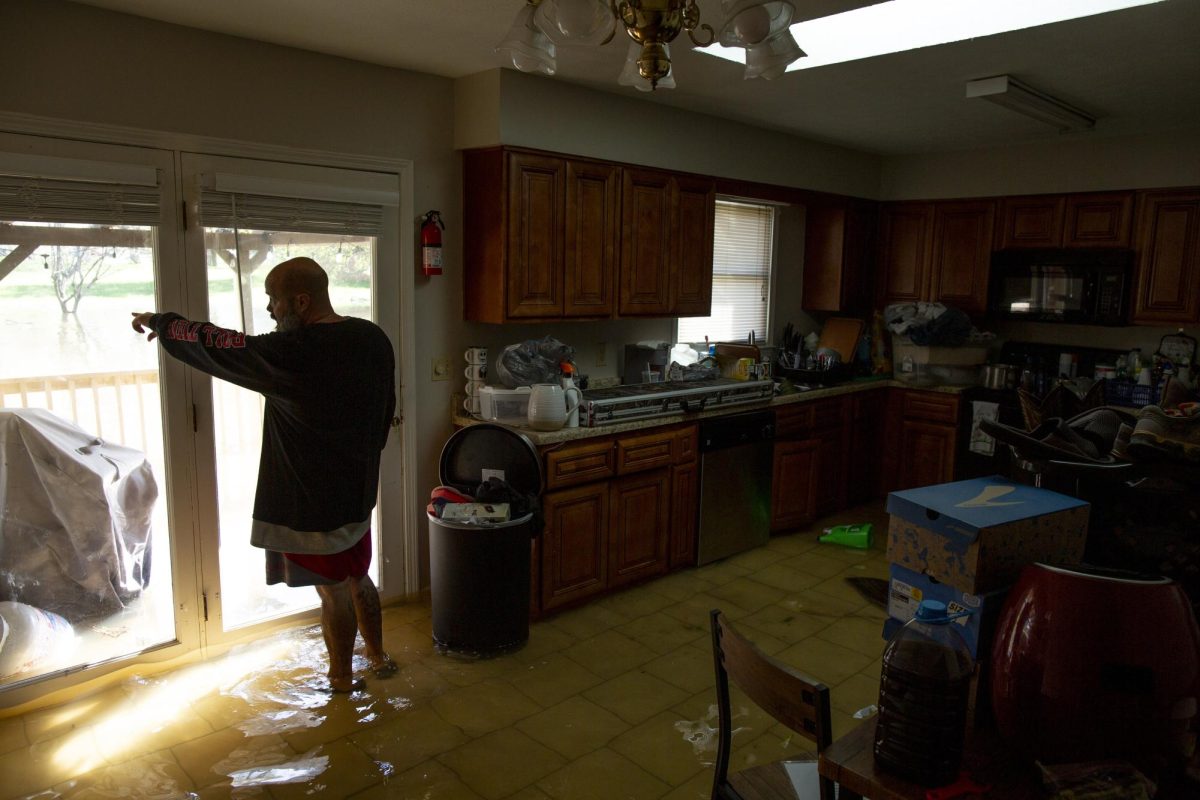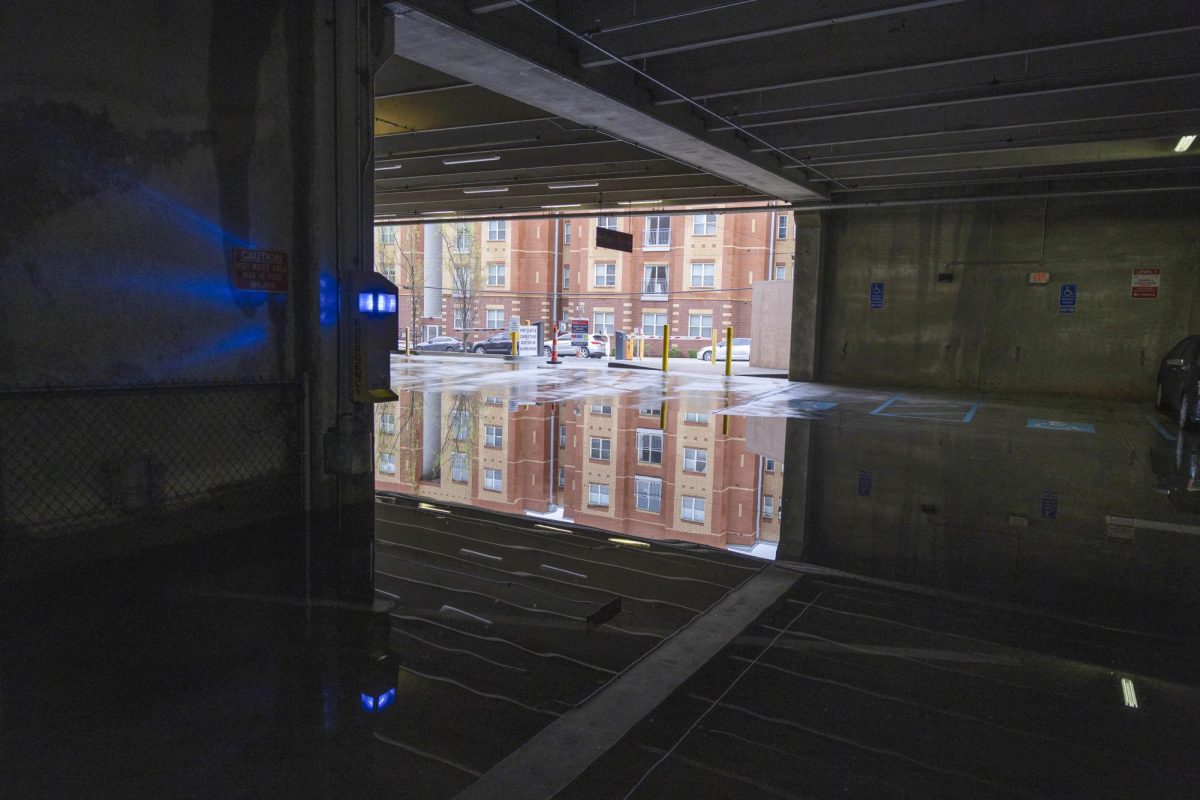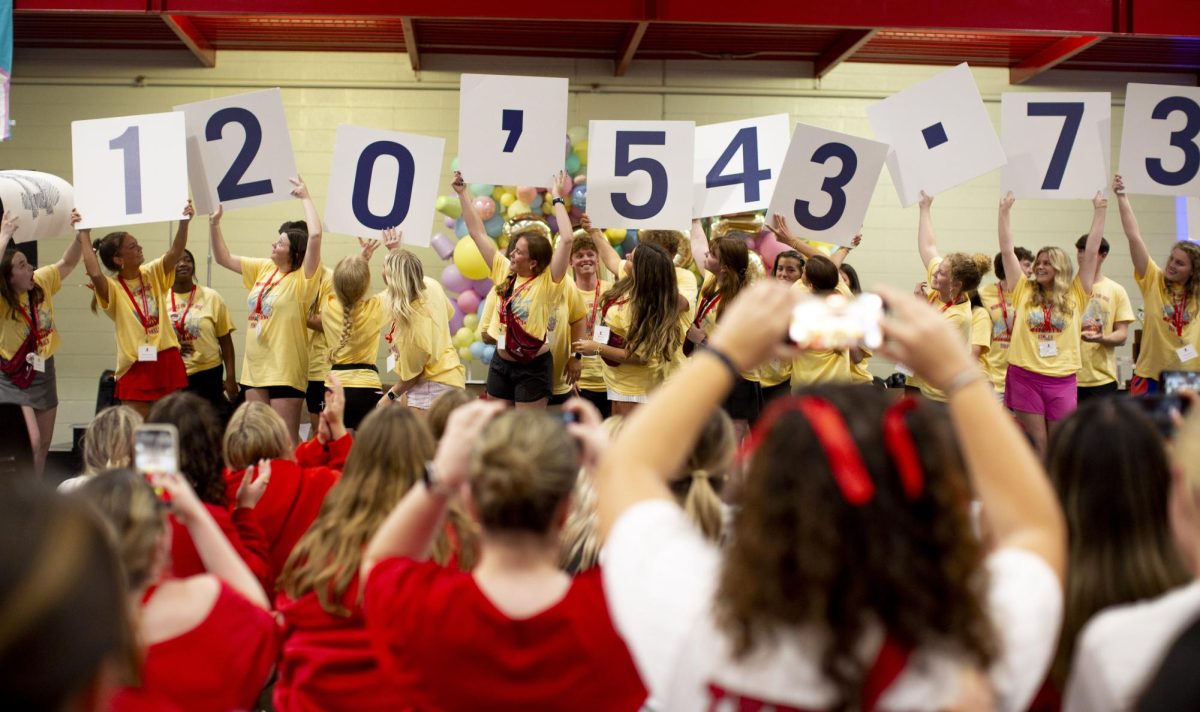The WKU Board of Regents committees met on Friday to approve the allocation of $18 million in carry forward funds and various personnel salary increases and to view renderings of the planned Hilltopper Field House.
Board of Regents chair W. Currie Milliken began the meeting by discussing enrollment increases for this semester, with a 5.8% percent increase in total enrollment. There is a 1.5% increase in enrollment for degree-seeking students, freshman enrollment is up by 3.3% and graduate enrollment is up by 5.6%.
“This represents the first increase in overall degree-seeking enrollment since 2010 and the first increase in overall enrollment since 2016,” Milliken said.
Retention rates have also increased, with first-second year student retention by 6.7 percentage points and underrepresented minority retention jumping by 15 percentage points, the largest increase in five years, Milliken said.
“These are significant increases,” he said. “To me it demonstrates that there’s a lot of good work going on here at this university and we can all be proud of that. And the beneficiaries of this are our students and this university, which is what this is all about. Because after all this the business we’re in, is to educate the students and prepare them for a better life and a better existence. These things don’t happen by accident. A lot of people have put in a lot of hard work and they are all to be commended.”
The Finance and Budget committee presented for approval of the allocation of carry forward funds, the financial statement for the first quarter of fiscal year 2023-24, proposed personnel salary increases and the fiscal year 2022-23 auditor’s report and financial statements.
Susan Howarth, Executive Vice President for Strategy, Operations and Finance, explained that carry forward funds are generated by revenue exceeding budgets or underspending expenditure budgets.
From FY23, $18.2 million in carry forward will be distributed to the academic affairs division, with $8.3 million going to revenue dependent departments, $9.3 million going to course and program fees, facilities and administrative and state mandated and $472k going to research grants.
The Board approved this distribution plan, which comes alongside a return to 90% of actual budget spending across the university, something proposed after 101.5% spending in FY23, or an overspend of $11 million.
“Mature organizations never spend 100% of their budget, because that’s not the number you use,” WKU President Timothy Caboni said. “They also don’t spend 100% of actual, because that’s a disaster and designated flexibility. So 90% of actual revenue spend is the way in which we manage ourselves, and creates a healthy, well managed fiscally sound organization.”
Currently, fiscal year 2023-23 total revenue is at 39%, compared to 38% from the prior year, or $3.5 million more, Howarth said.
This fall semester’s tuition revenue also exceeded what was expected in the overall budget, in part due to the increase in enrollment of the freshman class. It is 50% of the budgeted revenue compared to 47% last year.
“We fully expect for the spring to exceed budget as well,” Howarth said.
Expenses for the first quarter are 32% of the budget, and personnel expenses are trending as expected and within budget. The university is also monitoring inflationary adjustments throughout the year, and is having discussions with the Council on Postsecondary Education to potentially see permanent amounts that account for inflation alongside performance funding.
The auditor’s report and financial statements for FY23 were also approved by the Board.
“There was another clean audit for the University, which is not just speak to the finance and accounting staff, but the whole university is involved in this, so a clean audit with no audit findings, no audit adjustments and no pass adjustments,” Howarth said.
The Board also viewed a presentation from athletics on new renderings for the Hilltopper Field House, which is set for completion in late 2025, and a football stadium press box, set for 2024.
“The Hilltopper Fieldhouse will position our student-athletes for additional success,” Caboni said. “But more than an athletics facility, the Fieldhouse also will provide unparalleled, technology-rich, indoor practice spaces for our Big Red Marching Band, our E-Sports teams, and our Forensics team.”
The Academic Affairs committee presented two program suspensions for the floristry minor and the Master of Science in child and family studies, both of which were approved.
“It was asked for by faculty for the limited number and they chose to go a different way,” Provost Bud Fischer said. “So what we’d like to do is now focus those research resources on an undergraduate certificate that will attract a greater number of people than just in the ag [agriculture] department.”
The committee also approved two faculty emeritus appointments for Fred Degraves, from the agriculture & food science department, and for Darwin Dahl, from the chemistry department.
Additional reporting for this story completed by Molly Dobberstein, content editor.
Editor-in-Chief Alexandria Anderson can be reached at alexandria.anderson337@topper.wku.edu.
For tips and comments, contact wkuheraldeic@gmail.com or herald.editor@wku.edu.


